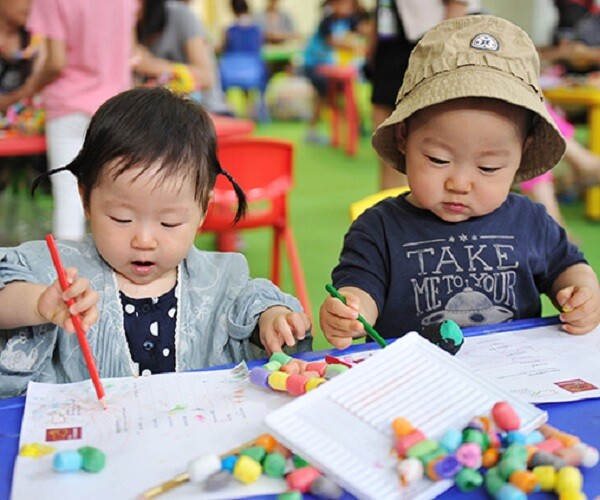It’s predicted that AI will replace up to 50% of current jobs by 2030 to 2060, a decade earlier than previously estimated. So, it’s safe to say that artificial intelligence will displace human labor on a large scale in the future.
So, what abilities should children develop from a young age to maintain their competitive advantage and assert their capabilities in the future?
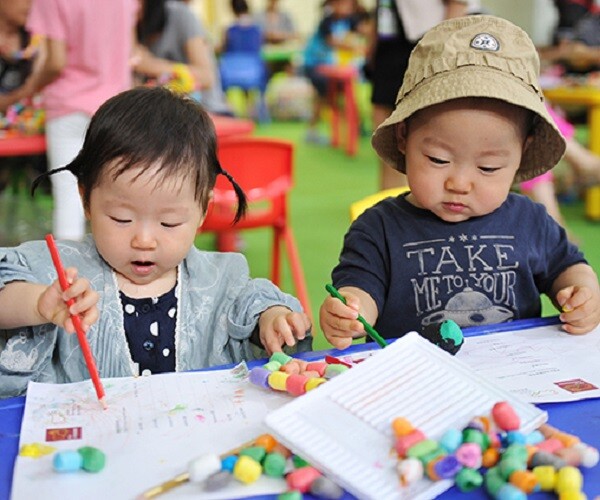
Professor
These nine abilities stem from three innate competitive advantages: aesthetics, creativity, and empathy.
In this rapidly changing technological age, traditional parenting methods should also evolve. According to Professor

Image source: Visme.

High Aesthetic Sensibility
Aesthetic expert
Aesthetic ability also reflects how a child perceives life. Parents can try the following three methods to enhance their child’s aesthetic sensibility in family life.
Create a Beautiful Atmosphere
Home is the first aesthetic space a child encounters. A bouquet of flowers, a painting, or a reading nook can all contribute to a child’s appreciation of subtle beauty.
If possible, parents should involve their children in the process of arranging and designing their living space, allowing them to experience the joy of creating a beautiful environment.
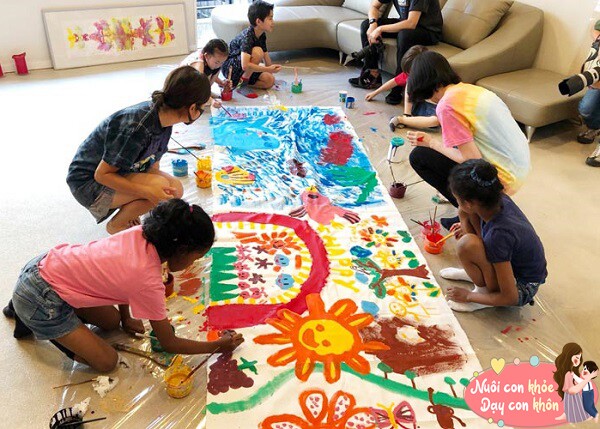
High aesthetic sensibility.
Cherish Beauty
Parents can take their children to art galleries, museums, classical music concerts, and theater performances. Alternatively, they can choose informative documentaries that showcase the beauty of nature, the grandeur and diversity of human culture, thus broadening their child’s horizons and enhancing their aesthetic sensibility.
Treasure Beautiful Memories
When children perceive beauty, they will express it naturally. Sometimes, they may paint a picture, tell a story, or incorporate beauty into their crafts. Parents can document their child’s process and progress as they explore and create beautiful works of art.

Empathy
In his book, The Better Angels of Our Nature, Harvard psychologist
Empathy enables children to better understand and care about the feelings of others. It forms the foundation for their future emotional communication and collaboration, and it is an ability that AI cannot replicate.
Wu Xiaoling, the founder of Montessori Parent Education in China, points out that when nurturing children’s empathy, parents should pay attention to the following four stages:
– From ages 0 to 2, children have not yet developed self-awareness and cannot distinguish between individuals. Parents should talk more about their own emotions. For example, “Do you want to play with me?” or “Are you happy to see your friend A?” Then, guide them in expressing their own emotions.
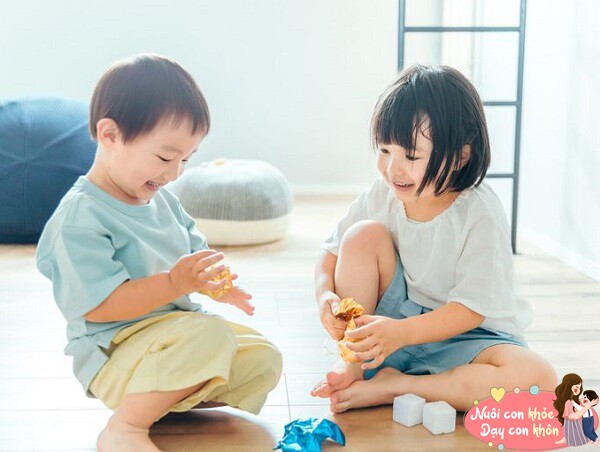
Empathy helps children understand and care about others’ emotions.
– At ages 2 to 3, children start to develop self-awareness. They may ask, “Do you want to eat, Mom?” when eating, or offer to help carry things. If parents reject their offers at this stage, it may hinder the development of their empathy and even confuse them into thinking that their behavior is wrong. So, parents should accept their kindness and encourage them to express themselves more.
– From ages 3 to 6, children will begin to recognize similarities between people. This is the golden period for nurturing empathy.
Parents can use guiding questions such as, “How would you feel if your friend took your toy away?” or “I promised to take you out on Sunday, but I’m too busy. Are you disappointed in me?”
– From ages 6 to 12, as children develop reasoning abilities, parents can encourage them to infer others’ emotions based on observations in daily life.

Creativity
English mathematician
In the age of AI, creativity is especially valuable in children. So, how can we enhance their creativity?
Yin Ye, CEO of BGI, attributes his creativity to his parents’ educational approach, which involved encouragement and allowing him to make mistakes. His parents often praised him for his efforts, no matter how small, which motivated him to keep improving.
This created a positive cycle. The more confident he became, the more secure and courageous he felt in exploring the world.
Speaking about innovation, Yin Ye noted that failure is more common than success. Therefore, it is crucial for parents to allow their children to make mistakes.
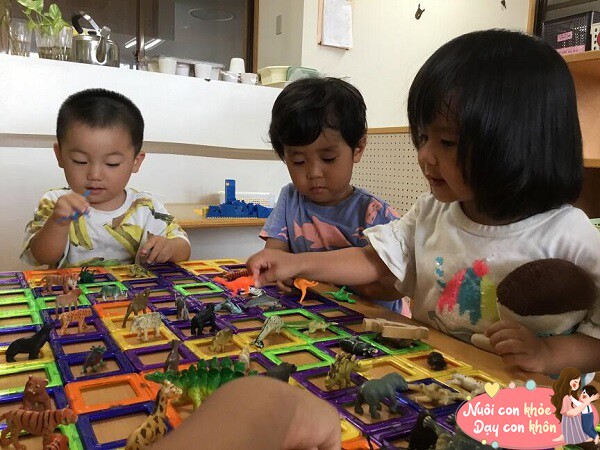
Children’s creativity is highly valuable.
When children believe that making a mistake or failing will have terrible consequences, it leaves a negative imprint on their neural network. As a result, they may become stuck in their comfort zone, afraid to take risks or embrace failure as a learning opportunity.
Mr. Yin Ye said, “One of the fundamental differences between humans, intelligent animals, and ordinary animals or intelligent machines is our ability to reflect on the past and envision the future.”
Thus, parents should foster their children’s future orientation, aesthetic sensibility, appreciation of beauty, and desire for a better life.
With empathy, they can understand others’ needs, feel their pain, and plan for the future with great love. Coupled with their creative abilities, they will be able to soar towards their goals and shine brightly.
With these three abilities, children can achieve a sense of fulfillment, experience a rich and colorful life, and find success.
The Unexpected Guest: Why Welcoming Strangers Can Bring Abundant Wealth
The guest arriving at the house brings with them a foretaste of good fortune, and so the host must pay heed to their hospitality. It is imperative that the host ensures their guest feels welcomed and valued, for their presence portends prosperity and success. A warm and gracious welcome sets the tone for a fruitful and auspicious visit, fostering a positive and enduring impression.
Unveiling the 6 Ultimate Tips for a Healthy and Happy Toddler’s Appetite this Tet Holiday
The Lunar New Year is a time for family reunions, but it can also be a challenge for parents to ensure their children maintain a balanced and nutritious diet. With the festivities in full swing, how can parents ensure their little ones eat well, stay healthy, and avoid common illnesses during this busy time?


























